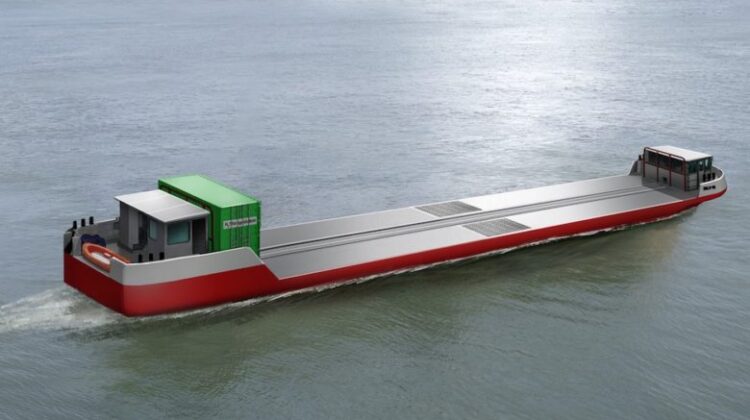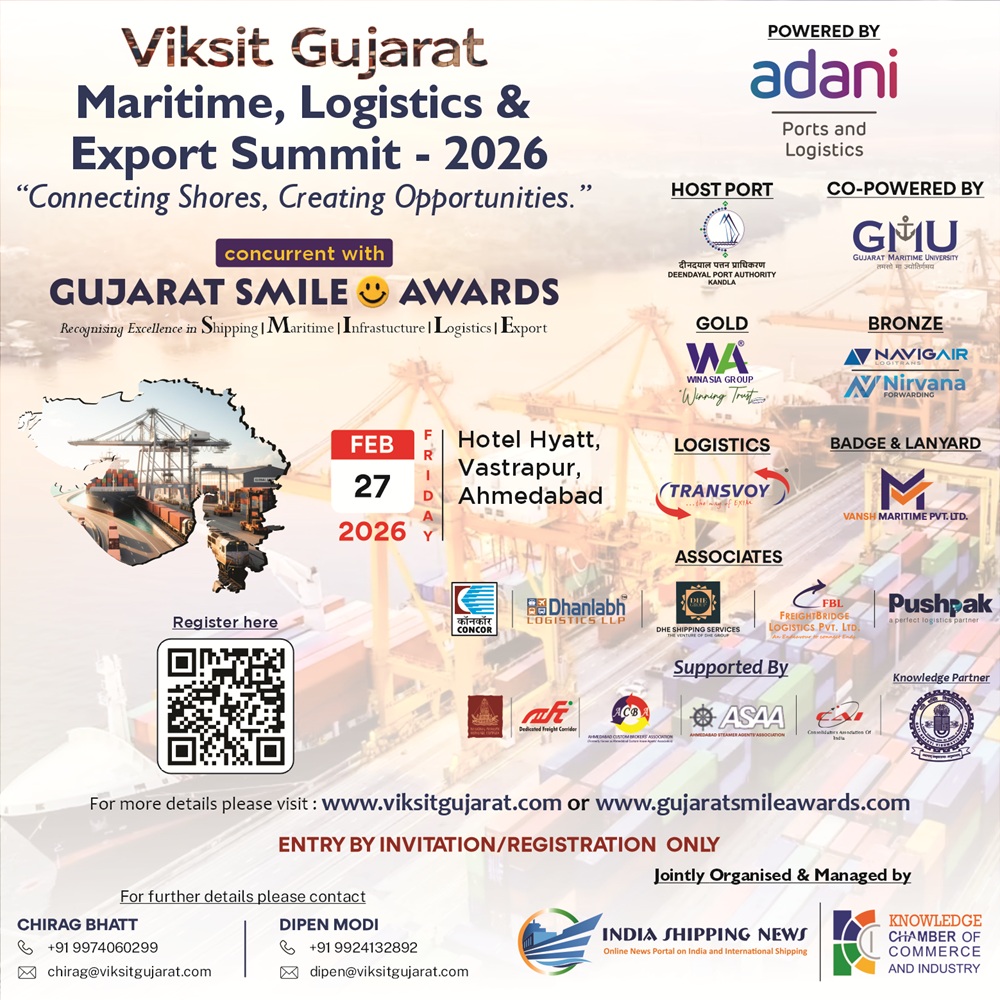
World’s first hydrogen cargo vessel set for Paris debut
PARIS : The European innovation project Flagships will deploy the world’s first commercial cargo transport vessel operating on hydrogen later this year, plying the river Seine in Paris, gliding passed the Eiffel Tower.
The hydrogen cargo transport vessel will be owned by French inland shipowner Compagnie Fluvial de Transport (CFT), a subsidiary of the Sogestran Group. The company is currently developing a new business for urban distribution using vessels in the Paris area.
“The demand for more sustainable technologies in inland waterway transport is on the rise. As part of the Flagships project, we are happy to be leading the way on reducing emissions from transport and demonstrating the superior features of hydrogen fuel cells in waterborne applications,” said Matthieu Blanc, director of CFT.
The Flagships project was awarded EUR5m ($5.9m) of funding in 2018 from the EU’s Research and Innovation programme Horizon 2020, under the Fuel Cells and Hydrogen Joint Undertaking (FCH JU), to deploy two hydrogen vessels in France and Norway. The project’s initial plan was to deploy a hydrogen push-boat in the Lyon area, but as the broader potential for hydrogen in cargo transport emerged, the demo pusher was changed to an inland cargo vessel. The new vessel will be tasked with moving goods on pallets and in containers along the river Seine.
The shift in focus is based on Sogestran Group’s experience gained in Belgium, where Blue Line Logistics (BLL), another subsidiary of the Sogestran Group, operates three cargo vessels sailing under the concept name Zulu. One Zulu vessel has also been put into operation in Paris, and an additional two Zulu ships are currently under construction for the same market. The Flagships project will install a hydrogen power generation system on one of the newbuilds, scheduled for delivery in September 2021. Blue Line Logistics plans to have the ship operating on hydrogen before the end of 2021.
The vessel will operate on compressed hydrogen produced from electrolysis, enabling not only zero-emission operations, but also creating a solid base for more local zero-emission transport, both at sea and on land. The power generation system for Zulu will be supplied by ABB Marine & Ports, with fuel cells from Ballard. LMG Marin is responsible for detail design drawings, with hydrogen provided by suppliers in the Paris region.
The Flagships consortium includes 12 European partners, with two shipowners, Oslo-based Norled and CFT.
“By translating technological innovations into commercial operations we can make zero-emissions inland vessels a reality in every European city,” said Bart Biebuyck, executive director at FCH JU.
The FCH JU is a public private partnership in which the European industry, research, academia and the EU are working together to accelerate the deployment of fuel cell and hydrogen technologies.
The news from Paris is set to leapfrog another groundbreaking shipping hydrogen development in Europe. Future Proof Shipping (FPS) has contracted Holland Shipyards Group (HSG) to retrofit the 110 m long Maas, an inland container vessel, to run off a zero-emissions hydrogen propulsion system. It is expected to be operating by the end of the year.
Source: Splash247.com

